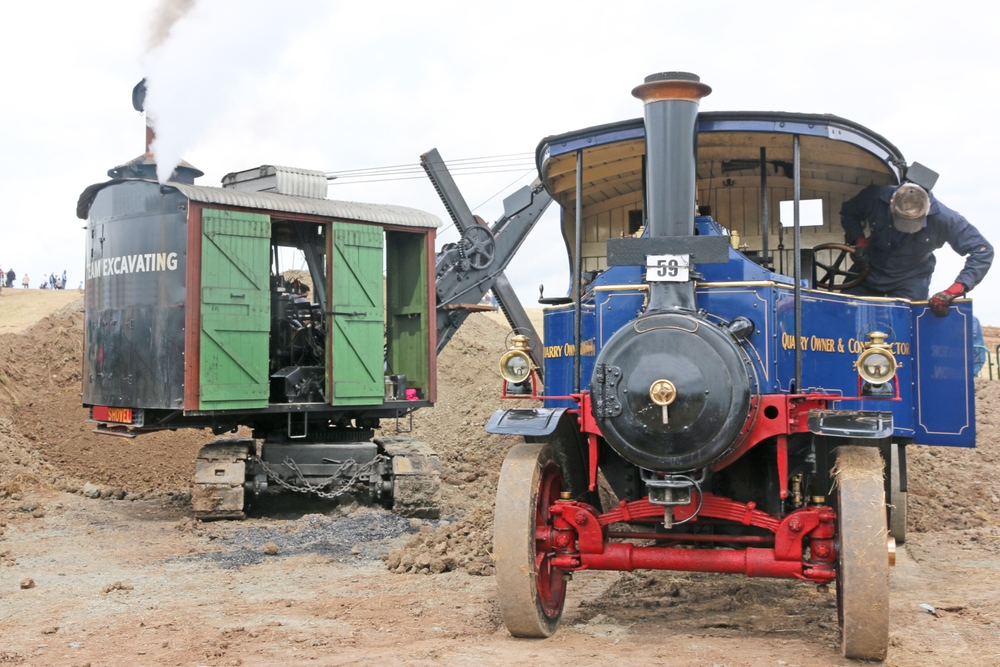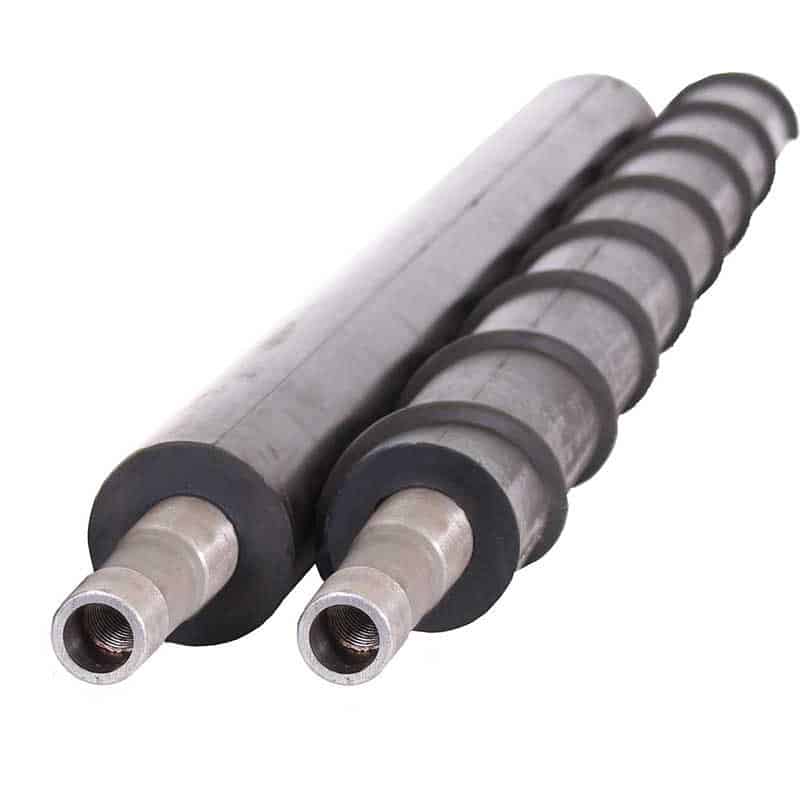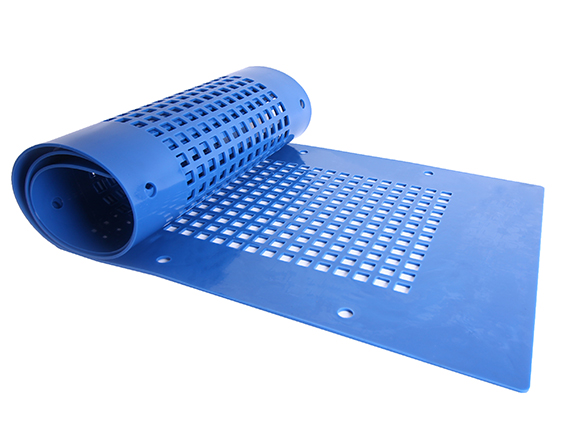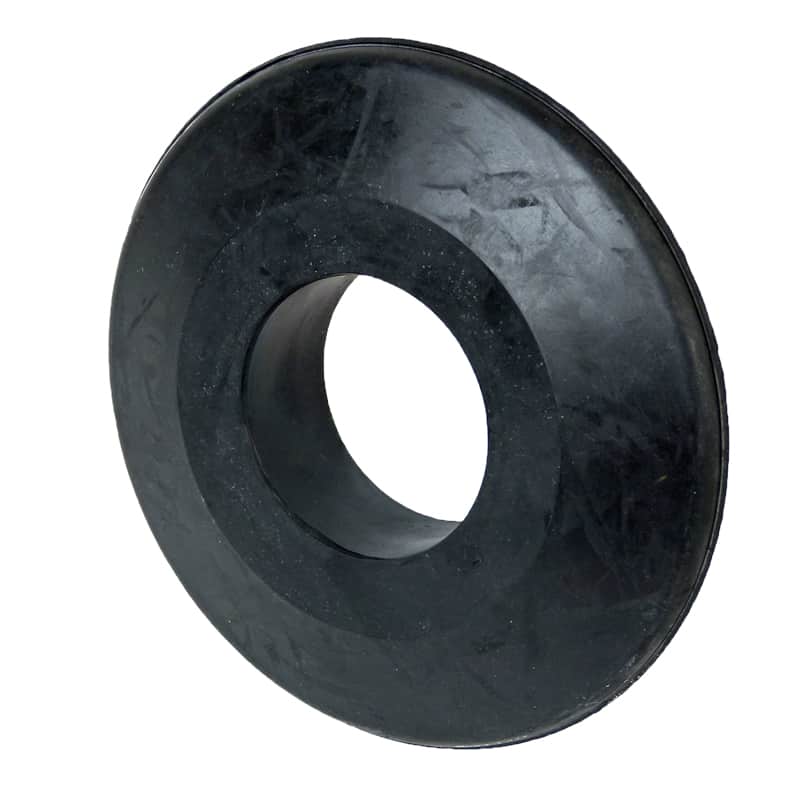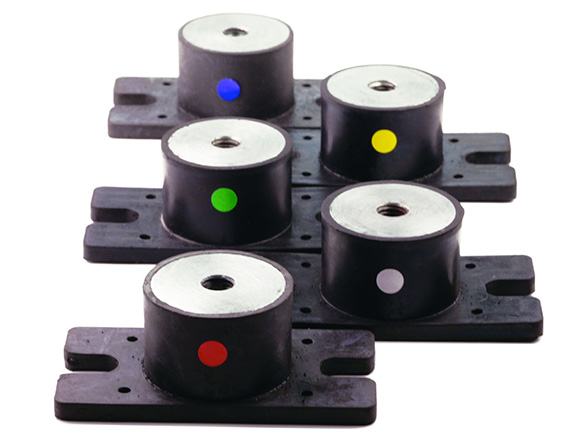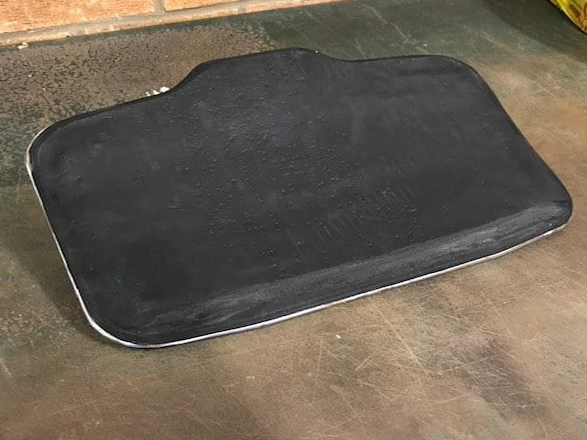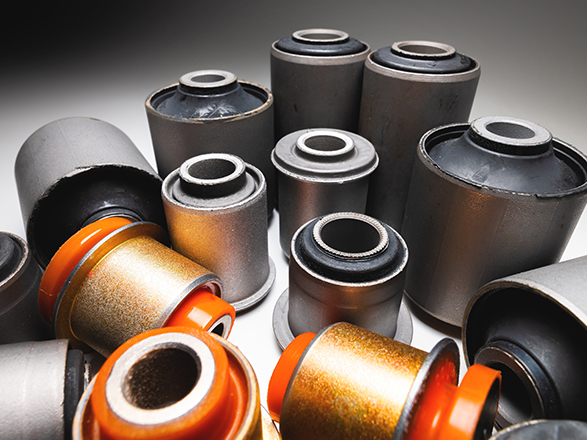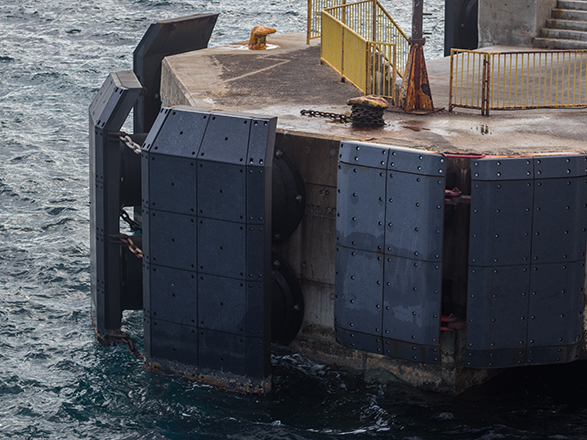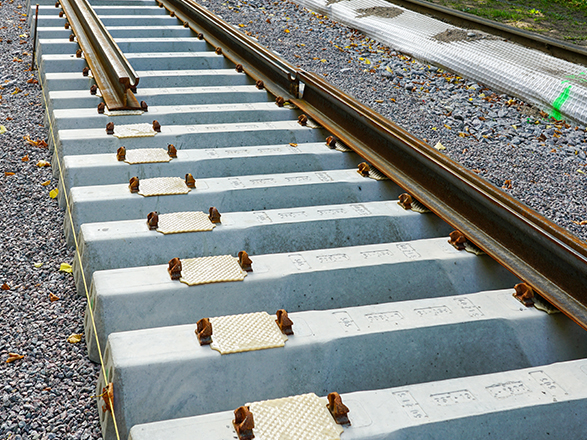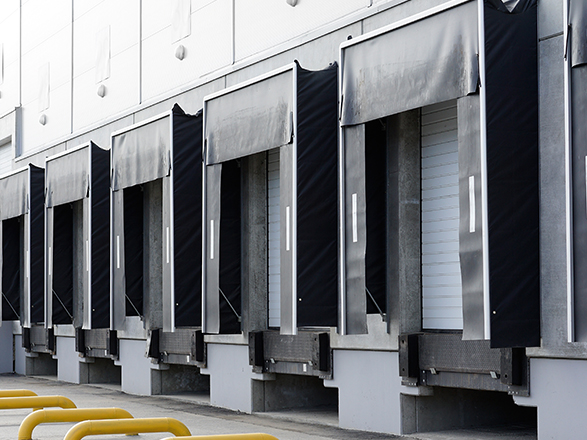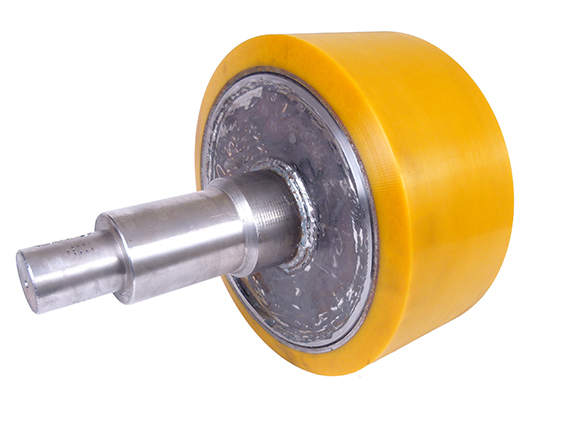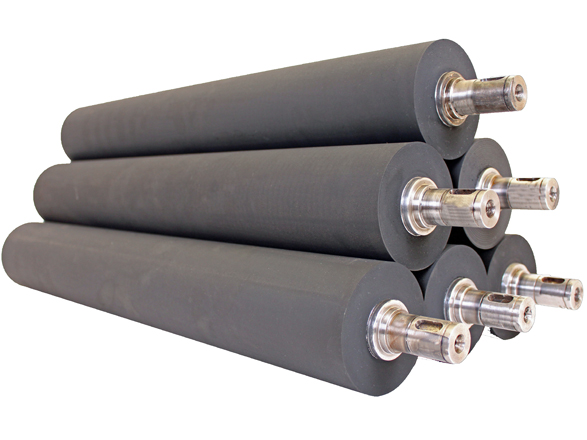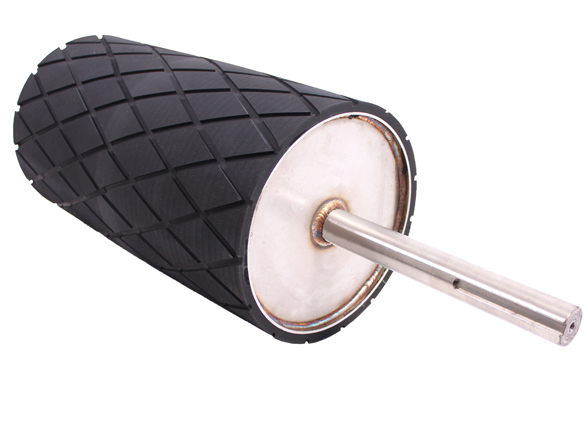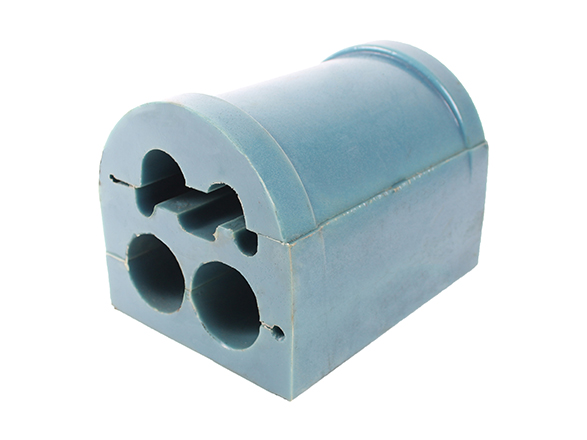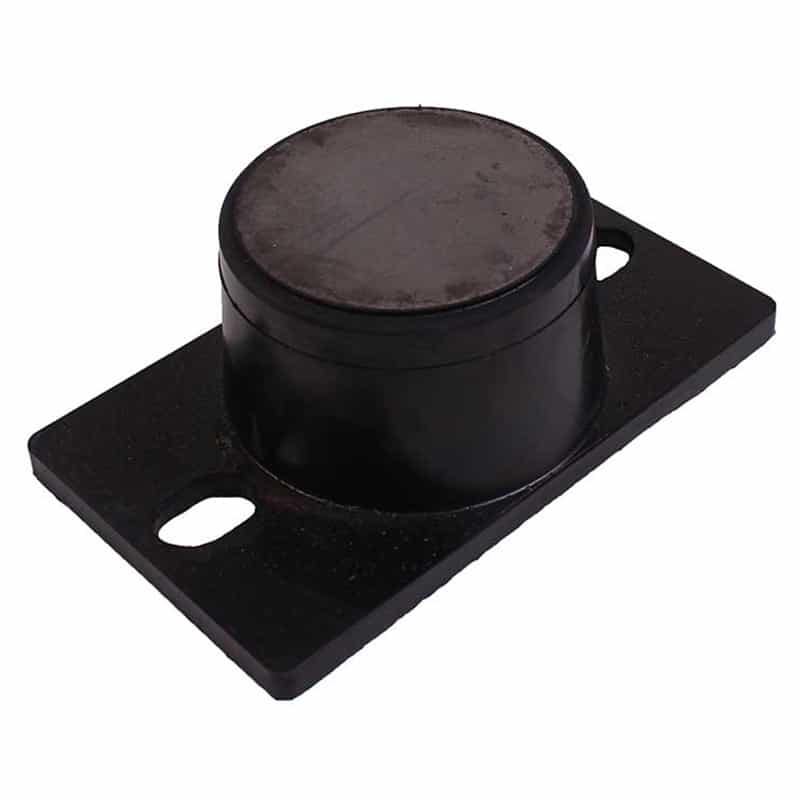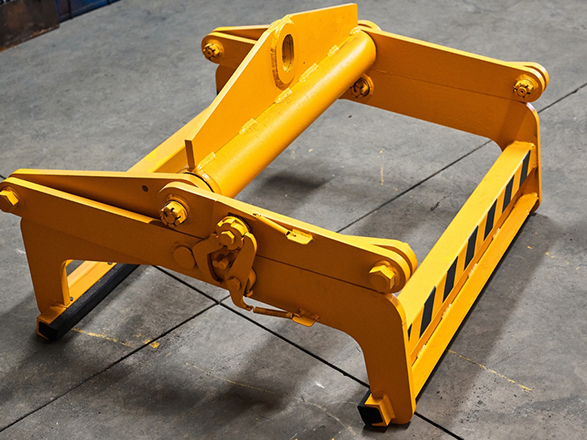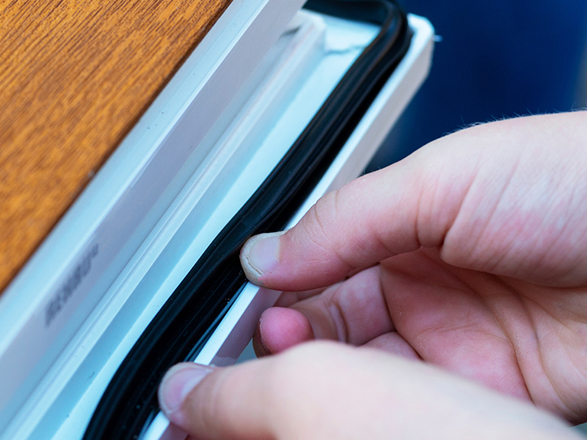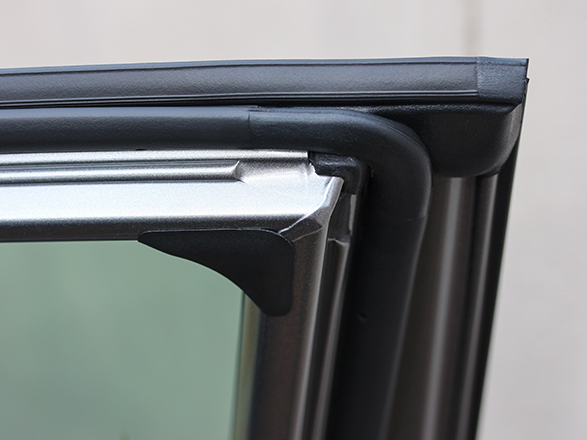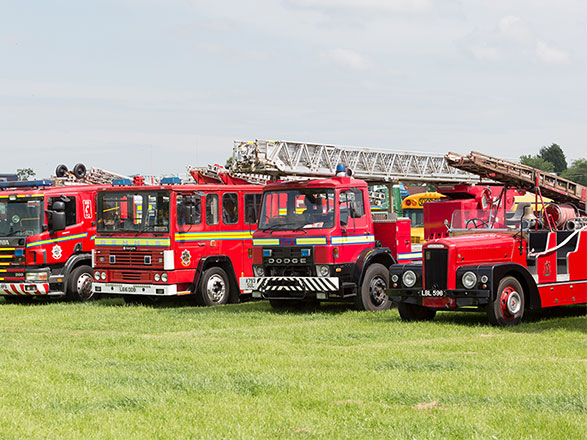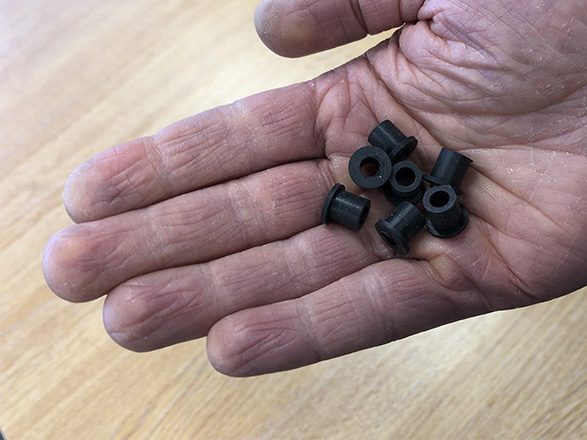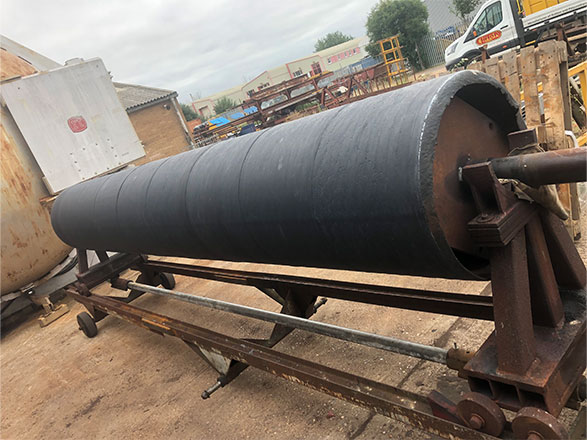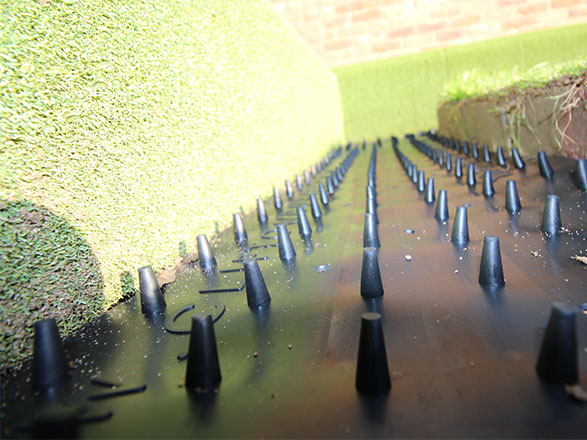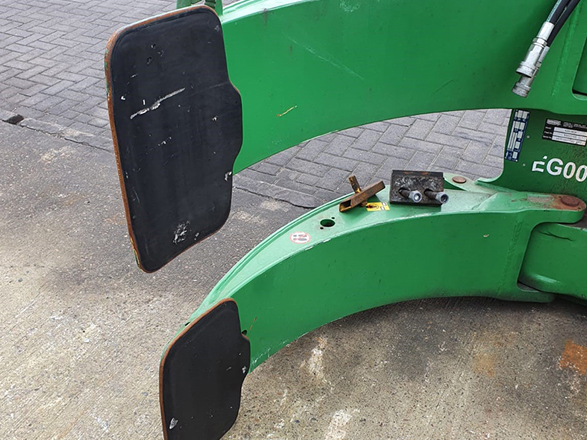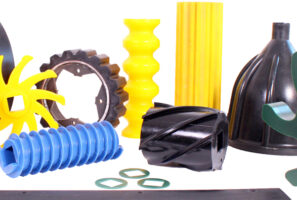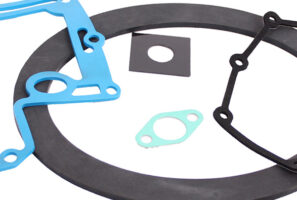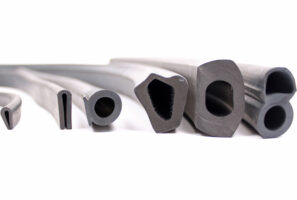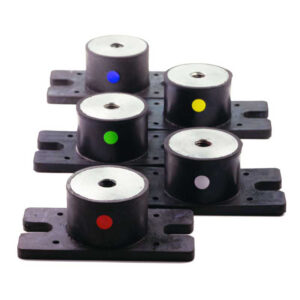Rubber and Polyurethane Components Used For The Textiles and Clothing Industry
Clifton Rubber specialises in the manufacturing of rubber and polyurethane products, catering to diverse industries, including Clothing & Textiles. Our products are used in various applications for manufacturers of clothing and textiles.
From moulding processes to precision engineering, discover how these components play an essential role in enhancing the textiles and clothing industry.

To find out more about each of our Capabilities in the Textiles & Clothing Industry…
Read MoreClifton Rubber Capabilities By Industry: Textiles and Clothing

Rubber Moulding enables the production of custom rubber components that play a vital role in optimising the efficiency, reliability, and quality of processes within the clothing and textiles industry.
Rubber moulded components used in the industry include:
- Textile Machinery Parts: such as gears, rollers, and seals. These components aid in the smooth operation of textile machinery, ensuring precision in processes like weaving, spinning, and knitting.
- Gaskets and Seals: used in textile machinery to prevent leaks and maintain proper sealing between components. This is crucial in processes involving liquids or gases, such as dyeing and finishing.
- Tensioning Devices: used in tensioning devices within textile machinery to maintain proper tension levels in yarns or fabrics during production processes. This ensures uniformity and quality in the final textile products.
- Damping Elements: damping elements in textile machinery, absorbing vibrations and reducing noise levels. This helps in maintaining a stable and working environment for operators.
- Textile Printing Rollers: used in textile printing machines to apply patterns or designs onto fabrics. These rollers ensure consistent and precise printing results, enhancing the quality of printed textiles.
Overall, rubber moulded components play a vital role in optimising the efficiency, reliability, and quality of processes within the clothing and textiles industry.
Polyurethane Moulding For The Textiles and Clothing Industry
Polyurethane components are widely used in the textiles industry for various applications due to their versatility, durability, and performance characteristics. Some common polyurethane components used in this industry include:
- Gaskets and Seals: used in textile machinery to prevent leaks and maintain proper sealing between components. This is crucial in processes involving liquids or gases, such as dyeing and finishing.
- Damping Elements: damping elements in textile machinery, absorbing vibrations and reducing noise levels. This helps in maintaining a stable and working environment for operators.
- Polyurethane Foam: Polyurethane foam is used in the production of mattress toppers, pillows, and upholstered furniture within the textiles industry. It offers superior comfort, support, and resilience compared to traditional materials like cotton or polyester batting.
- Polyurethane Foam Inserts: Polyurethane foam inserts are used in textile products such as swimwear, and compression garments to provide shaping, support, and comfort. These inserts can be moulded or laminated into fabric panels to achieve desired aesthetic and functional effects.
Polyurethane components play a significant role in enhancing the performance, comfort, and functionality of textile products across a wide range of applications within the textiles industry.

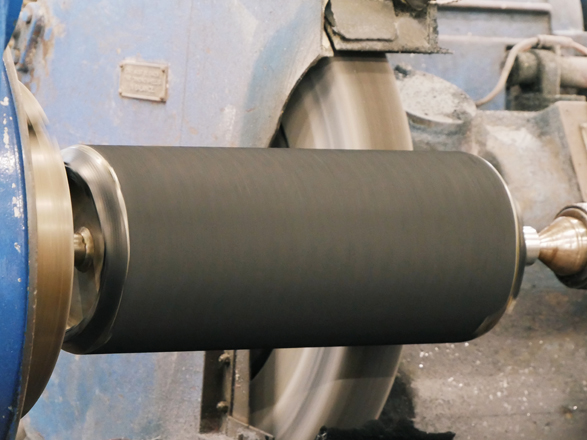
Rubber Covering including
- Rubber Rollers For The Textiles and Clothing Industry
- Rubber Wheels & Tyres For The Textiles and Clothing Industry
Rubber covering is utilised in the textile industry for various purposes, primarily to enhance the performance, durability, and functionality of textile machinery components. Below we highlight some common applications of rubber covering in the textile industry:
Rubber covering, including rubber rollers, wheels, and tyres, brings significant advantages to the textiles and clothing industry.
Rubber Rollers For The Textiles and Clothing Industry
Rubber rollers are extensively used in the textiles industry for various critical applications due to their ability to provide traction, grip, and control over the movement of fabrics, yarns, and other materials. Here are some key uses of rubber rollers in the textiles industry:
- Spinning: In the spinning process, rubber rollers are employed to draw out fibres from raw materials like cotton or polyester and form them into yarns. Rubber rollers provide the necessary tension and traction to ensure uniform and continuous spinning, leading to consistent yarn quality.
- Weaving: Rubber rollers are used in weaving looms to advance the woven fabric through the various stages of the weaving process. These rollers help maintain tension on the fabric, prevent slippage, and ensure smooth movement as the fabric is woven, resulting in even patterns and tight weaves.
- Knitting: Rubber rollers play a crucial role in knitting machines by guiding the yarn and fabric smoothly through the knitting needles. They help control the tension and feed rate of the yarn, ensuring precise knitting and preventing snags or breaks in the fabric.
- Dyeing and Finishing: Rubber rollers are used in dyeing and finishing machines to transport fabrics through the dyeing or finishing solutions. These rollers ensure even application of dyes, chemicals, or finishes onto the fabric surface, resulting in uniform coloration and treatment.
- Printing: Rubber rollers are integral components of textile printing machines, where they transfer ink or dyes onto fabric surfaces to create patterns, designs, or images. These rollers ensure precise and uniform ink application, leading to high-quality printed textiles with sharp details and vibrant colours.
- Winding and Reeling: Rubber rollers are used in winding and reeling machines to wind yarn or fabric onto spools or reels. These rollers help control the tension and alignment of the wound material, preventing tangling or misalignment during storage or transportation.
Rubber rollers are indispensable in the textiles industry, contributing to the efficiency, precision, and quality of various manufacturing processes involved in fabric production, treatment, and finishing.


Rubber Wheels & Tyres For The Textiles and Clothing Industry
Rubber wheels and tyres are used mainly for material handling, transportation, and machinery mobility, such as:
- Material Handling Equipment: carts, trolleys, and dollies equipped with rubber wheels for moving raw materials, semi-finished products, and finished goods around the production floor.
- Machinery Mobility: integrated into textile machinery to enable mobility and flexibility. For instance, in larger textile factories or spinning mills, machinery may need to be moved for cleaning, maintenance, or reconfiguration of production lines. Rubber wheels make it easier to relocate equipment as needed.
- Transportation of Textile Goods: used to transport textile products between manufacturing facilities, warehouses, and distribution centres. Trucks, vans, and forklifts equipped with rubber tires enable the efficient movement of textiles over short and long distances, ensuring timely delivery to customers.
- Warehousing and Storage: Rubber-wheeled carts and platforms are utilised in textile warehouses for storing and organising textile goods.
Rubber wheels and tyres are integral components of material handling, transportation, and maintenance processes in the textile industry, contributing to the efficiency, productivity, and safety of textile manufacturing operations.
Rubber Extrusion For The Textiles and Clothing Industry
Rubber extrusions play various roles in the textiles and clothing industry, primarily in enhancing product performance, providing sealing solutions, and offering protection. Common uses of rubber extrusions include:
- Seals and Gaskets: Rubber extrusions are commonly used to create seals and gaskets in textile machinery and equipment. These seals help prevent leaks, protect components from contamination, and maintain optimal operating conditions. For example, rubber extrusions may be used in spinning machines, weaving looms, and dyeing equipment to ensure tight seals and prevent fluid leakage.
- Edge Protectors: Rubber extrusions can be applied as edge protectors on textile products such as clothing, bags, and upholstery. These extrusions provide cushioning and protection against wear and tear, especially in areas prone to friction or impact.
- Conveyor Belts: Rubber extrusions are essential components in conveyor belt systems used for transporting textiles during various stages of production. Extruded rubber profiles are applied to conveyor belts to provide grip, traction, and stability, ensuring smooth and efficient material handling throughout the manufacturing process.
- Impact Absorbers: Rubber extrusions can serve as impact absorbers in textile machinery to dampen vibrations and reduce noise levels.
- Profiled Components: Rubber extrusions are used to create profiled components such as grips, handles, and trim pieces in textile machinery and equipment.
- Wiper Blades: Rubber extrusions are employed as wiper blades in textile printing machines to clean and remove excess ink from printing surfaces.
Rubber extrusions play a critical role in enhancing efficiency, performance, and safety in the textiles and clothing industry by providing sealing solutions, protection, and functional components for machinery and products.


Rubber Sheet Conversion For The Textiles and Clothing Industry
Rubber sheet conversion allows rubber sheets to be custom-cut and moulded into various shapes, allowing for precise fabrication of components.
Here are some common uses of rubber sheeting in the textile industry:
- Printing Blankets: Rubber sheeting is used as a base material for printing blankets in textile printing processes, such as screen printing and rotary printing. The smooth and resilient surface of rubber sheeting allows for precise ink transfer onto fabric, ensuring high-quality and consistent print results.
- Backing for Conveyor Belts: Rubber sheeting is used as a backing material for conveyor belts in textile manufacturing plants. The rubber backing provides cushioning and support to the conveyor belt, enhancing its durability and longevity. It also helps to reduce friction and wear during material handling processes.
- Dampening Pads: Rubber sheeting is utilised as dampening pads in textile machinery to absorb vibrations and reduce noise levels. These pads are placed between moving parts of machinery to minimise impact and friction, thereby improving the overall efficiency and lifespan of the equipment.
- Protective Coverings: Rubber sheeting is applied as protective coverings on rollers, guides, and other components of textile machinery. The rubber covering helps to prevent damage to sensitive parts of the machinery and ensures smooth and uninterrupted operation.












